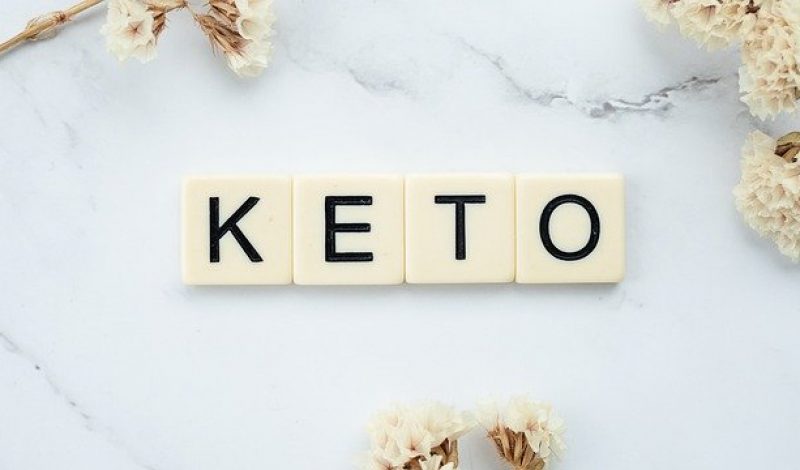Cheltenham Chiropractor talks about his experience on the Keto diet.
Ben Evans – Cheltenham Chiropractor talks about his experience on the Keto diet.
What is a Keto diet?
The Keto (or Ketogenic) diet has been growing in popularity at a rate of knots in the past few years. It claims to have made significant improvements to people’s health, well-being and lifestyle. But what exactly is it? The keto diet is where a person goes through a period of time that significantly restricts the number of carbohydrates they eat on a daily basis so that the body will go into a metabolic state called ketosis, which uses fats rather than sugars and energy.
It is important to remember that the body has two main fuels. The first is from carbohydrates, which is contained in foods like bread, pasta, potatoes, biscuits and cakes and broken down into single chained glucose molecules or, put simply, sugar. The other fuel source is fat, which we consume from eggs, meat, fish, butter, olive oil and avocados, which are broken down into fatty acids.
This brings us to our next question. What is ketosis and how does this help? Ketosis, as mentioned above, is a metabolic state whereby ketones are made as a by-product following the breakdown of fatty acids. These ketones are then utilised as energy instead of glucose that we can from carbohydrates. In a nutshell, when we reduce our carbohydrate intake and thus our sugar/glucose intake, the body uses fat for energy instead of carbohydrates, which over time leads to reduced weight. This process of using the fats in your body as energy rather than the sugars turns you into a fat burning machine!
In my opinion, the keto diet could be a good example of healthy eating although it may not be sustainable for many of us. It involves a great deal of preparation and willingness to change one’s habits, especially if you have grown up with the convenient foods like the unforgivably unhealthy but extremely tasty pasties and sausage rolls from Greggs (which by the way the is very high in trans fats)
After hearing much about the benefits of this diet I was keen to it a go for one whole month. Here’s how it went.
The first few days were tough. I felt lethargic, fatigued with cravings of sugar that I knew could not be satisfied if I wanted to successfully stick it out. These symptoms bounced around for the first couple of weeks with the occasional mild headache and brain fogginess setting in from time to time. However, once the first 2 weeks were over, I can honestly say I could feel a difference. The fatigue had gone, and I felt I had more energy than before, even when it came to waking up in the morning. The other major difference for me was the mental clarity. As strange as it sounds, I could feel my ability to think on my feet as well as my memory improve. This was a big personal win as I would often get the dreaded “brain fog”.
Other benefits of this diet included fat loss and improvements to my skin (fewer spots despite note being a teenager)
For those looking to try the Keto diet, my advice would be to first take a look at your own diet to measure the number of carbohydrates you currently intake. If you are consuming a lot of carbohydrates in your diet, I would suggest a gradual conversion over to the keto diet rather than stopping the sugars all at once. This might produce some pretty nasty symptoms and demotivate you from carrying on. If you are consuming a small to moderate amount of carbs in your diet, I would definitely recommend giving this diet a go for one whole month.
Finally, the evidence for this diet is lacking, however, there have been numerous anecdotes globally of how this diet has changed the health and in turn lives of a lot of people. If you do decide to take on this challenge, it is worth speaking to a health professional with knowledge in diet and nutrition before doing so, good luck!
References & Further Reading.
Freeman JM, Kossoff EH, Hartman AL. The ketogenic diet: one decade later. Pediatrics. 2007 Mar;119(3):535–43. doi.10.1542/peds.2006-2447. PMID 17332207
Martin-McGill KJ, Jackson CF, Bresnahan R, Levy RG, Cooper PN. Ketogenic diets for drug-resistant epilepsy. Cochrane Database Syst Rev. 2018 Nov 7;11:CD001903. doi:10.1002/14651858.CD001903.pub4. PMID 30403286
https://pubmed.ncbi.nlm.nih.gov/31825066/
https://www.ncbi.nlm.nih.gov/pmc/articles/PMC6251269/
https://www.ncbi.nlm.nih.gov/pmc/articles/PMC2716748/
https://www.ncbi.nlm.nih.gov/pmc/articles/PMC5409832/
Links
https://www.instagram.com/skelian_chiropractic/
https://www.facebook.com/skelianclinic/
https://www.youtube.com/channel/UCCJ9BXYUAAfOie7zTUUeIKA/videos



